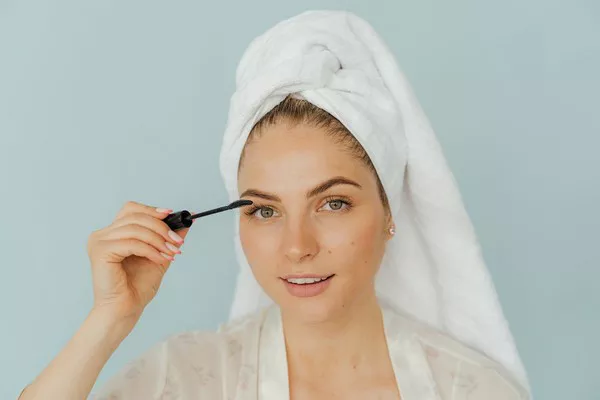Pimple marks, also known as post-inflammatory hyperpigmentation, can be a source of frustration for many individuals. These marks are often left behind after a pimple has healed and can linger on the skin, affecting your complexion. Aloe vera, a natural and versatile skincare ingredient, has gained popularity for its potential to reduce the appearance of pimple marks. In this guide, we will delve into the benefits of using aloe vera for pimple marks and provide a step-by-step approach on how to effectively incorporate it into your skincare routine.
Understanding Pimple Marks and Aloe Vera
1. What Are Pimple Marks?
Pimple marks are areas of increased pigmentation that develop after a pimple or acne lesion has healed. They occur due to an overproduction of melanin, the pigment responsible for skin color. Pimple marks can vary in color, ranging from red or pink to brown or dark brown, and their severity depends on factors such as skin tone, genetics, and the inflammatory response.
2. The Benefits of Aloe Vera
Aloe vera is a succulent plant with a gel-like substance found in its leaves. This gel contains a variety of bioactive compounds, including vitamins, minerals, enzymes, and antioxidants. Aloe vera is known for its soothing and hydrating properties, making it a popular choice for skincare. It also contains compounds that may aid in reducing inflammation and promoting skin regeneration, which can contribute to fading pimple marks over time.
See Also: Can Aloe Vera Truly Remove Pimple Marks?[Revealed!]
Preparing Aloe Vera for Pimple Marks
1. Choosing the Right Aloe Vera
To effectively use aloe vera for pimple marks, it’s important to select high-quality aloe vera gel. You can either purchase aloe vera gel from a trusted brand or extract the gel directly from a mature aloe vera leaf. Ensure that the gel is free from added chemicals or preservatives that could irritate the skin.
2. Fresh Aloe Vera Gel Extraction
If you choose to use fresh aloe vera gel, carefully cut a mature leaf from the plant and wash it thoroughly. Slice the leaf open lengthwise and scoop out the clear gel using a spoon. Avoid the yellowish sap, as it can cause skin irritation.
Incorporating Aloe Vera into Your Skincare Routine
1. Cleanse Your Face
Begin your skincare routine by gently cleansing your face with a mild cleanser to remove dirt, oil, and impurities. Pat your skin dry with a clean towel.
2. Apply Aloe Vera Gel
Take a small amount of aloe vera gel and apply it directly to the pimple marks using clean fingertips. Gently massage the gel into the skin in circular motions.
3. Leave It On
Allow the aloe vera gel to absorb into the skin. There’s no need to rinse it off, as aloe vera is lightweight and non-greasy.
Frequency and Duration
1. Daily Application
For optimal results, apply aloe vera gel to your pimple marks once or twice a day. Consistency is key to seeing improvement over time.
2. Patience Is Key
It’s important to note that the fading of pimple marks takes time and may not occur overnight. Be patient and continue incorporating aloe vera into your skincare routine for several weeks to see visible results.
Other Tips for Fading Pimple Marks
1. Sun Protection
Exposure to the sun’s ultraviolet (UV) rays can worsen the appearance of pimple marks. To protect your skin, apply a broad-spectrum sunscreen with at least SPF 30 daily, even when using aloe vera.
2. Healthy Lifestyle Habits
Maintaining a healthy lifestyle can also contribute to skin health. Stay hydrated, eat a balanced diet rich in antioxidants, and get sufficient sleep for overall skin wellness.
See Also: Treating Pimple Marks: A Comprehensive Guide
Conclusion
In conclusion, using aloe vera to remove pimple marks can be a natural and effective approach to improving your skin’s appearance. Aloe vera’s soothing and regenerative properties make it a valuable addition to your skincare routine. By selecting high-quality aloe vera gel, incorporating it into your daily skincare routine, and maintaining healthy lifestyle habits, you can work towards fading pimple marks and achieving a clearer, more radiant complexion. Remember that consistency and patience are key, and if you have any concerns or underlying skin conditions, it’s always advisable to consult with a dermatologist for personalized guidance and recommendations.


